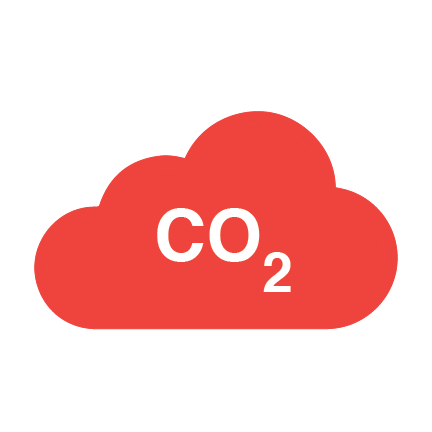Lehigh is taking meaningful actions to mitigate global climate change while also preparing our campus and the surrounding community to adapt and respond to its potential effects. The University continues to establish ambitious but achievable goals for reducing greenhouse gas emissions through energy efficiency, energy conservation, and sourcing renewable energy. Lehigh continues to play an active role in the search for innovative solutions addressing global climate change and in resiliently adapting to its impacts.

 Resiliency
Resiliency
By assessing our own resiliency in the face of climate change, Lehigh positions itself to provide support and guidance to the broader community and region in creating systems to help secure business continuity. Coordinating emergency management planning and procedures and collaborating with the City of Bethlehem to monitor, identify, and respond to the risks of climate change is integral to Lehigh’s commitment to meet challenges with tenacity and innovation.
 Greenhouse Gas Emissions
Greenhouse Gas Emissions
Lehigh is actively working to increase energy efficiency, reduce emissions, and maximize capital investments in operations. By auditing and assessing the use of campus space, Lehigh will develop parameters for improving efficiency and work to minimize the amount of conditioned building space required to meet University needs. Lehigh is also replacing all non-LED fixtures with energy-efficient lighting and is completing retrofits for improved efficiency in energy-intensive buildings. The University also continues to seek out additional renewable energy opportunities to offset natural gas usage. By taking these actions, Lehigh will enhance the overall well-being of the university and community.
Energy Efficiency
Improving already-existing infrastructure on-campus to increase energy efficiency is critical. The university will target the replacement of all non-LED fixtures and complete retrofits for energy-intensive buildings, as per the Climate Action Strategy and Central Utility Plant Master Plan. Additionally, Lehigh will audit and assess campus space utilization by 2022. This assessment will include the development of parameters for improving efficiency and establishing short- and long-term goals with the purpose of minimizing the amount of conditioned building space required to meet university needs by 2025. Learn more.
Renewable Energy
One of the most impactful ways to mitigate climate change is to transition to renewable energy. Lehigh will offset 100% of the university’s electricity consumption with renewable energy in 2023, through a combination of off-site and on-site projects, energy conservation and renewable energy credits (RECs). This work will be expanded upon as we continuously seek out additional renewable energy opportunities to offset natural gas usage, per the Climate Action Strategy.
Transportation
Though transportation accounts for a relatively small amount of Lehigh’s greenhouse gas emissions, it cannot be denied that transportation plays an integral role in navigating campus and should be optimized to its fullest potential. By 2021, the university will complete a comprehensive alternative fuels study that will evaluate different transportation and fuel options. This evaluation will guide the development of a plan to transition the campus bus and vehicle fleet to run exclusively on renewable energy by 2030.
